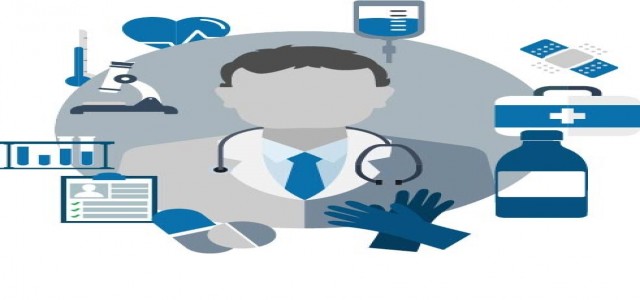
Biosimilars are medicines that mainly constitute proteins and resemble biological drugs in structure as well as function. The total potential savings obtained from the consistent use of biosimilars in addressing the rising public health consumer needs was anticipated to cross USD 100 billion in annual value by 2020. There is a surge in the adoption of biosimilar drugs to minimize healthcare costs.
Global prevalence of chronic diseases as a result of higher fast-food consumption and the change in sedentary lifestyles of the population base, specifically in the growing economies of Asia Pacific and Latin America, will drive the expansion of the healthcare sector. These factors will also enhance the demand and consumption of biosimilar drugs in developed countries across the world.
Request for a sample copy of this report @ https://www.decresearch.com/request-sample/detail/3328
As per estimates, global biosimilars market size will reach a yearly valuation of more than USD 69 billion by 2025.
Adoption of recombinant non-glycosylated proteins
Recombinant non-glycosylated proteins accumulated a significant revenue share for the biosimilars industry in 2018 and the value is likely to grow at a 26.1% CAGR through 2025. Recombinant non-glycosylated proteins are biosimilar products that include human growth hormones, granulocyte colony-stimulating factor (Filgrastim), insulin, and interferons.
The advent of technological innovations in high-throughput analytical systems has led to the enhanced production and sales of these products. The intense demand for filgrastim and the penetration of insulin glargine across some of the prominent countries will boost the prospects for biosimilar companies.
Potential in the treatment of anemia
Biosimilar drugs witness high adoption in hematology and this application segment contributed to more than USD 4,552.1 million in global remuneration in the overall market in 2018. The American Society of Hematology reported that over 3 million people residing in the U.S are diagnosed with anemia. Prevalence of conditions like anemia and neutropenia will foster the consumption of biosimilars to treat these blood disorders.
Deployment of recombinant DNA (rDNA) technology in the manufacturing of biosimilar products like human growth hormones, insulin, and erythropoietin registered 80% of the total biosimilar market share, estimated to be more than USD 8,123.6 million in 2018. The growth can be attributed to the effectiveness offered by the rDNA technology to enhance the productivity of biosimilars for ensuring the rapid treatment of ailments.
In-house manufacturing to see considerable demand
Production of biosimilars in-house accounted for 75% of the total annual revenue in 2018 and the market for this segment is pegged to record a CAGR of 26.5% through 2025. This can be owed to the advantages like flexibility and efficiency of work rendered by these facilities to improve the operations and financial spending of the companies.
In-house biosimilar manufacturing also assists the firms to monitor and evaluate the product functions as well as to mitigate costs related to delivery and shipping.
Competitive landscape in the U.S.
U.S. is a prominent market for biosimilars in the North America region, anticipated to strike a CAGR of 38.1% in the next few years. This is due to the ease of access to novel technologies and state-of-art facilities to produce biosimilars. There is also a presence of some of the well-established and leading pharma companies in the country. FDA approvals received for various biosimilar products in 2015 to cater to rising consumer requirements have led to higher adoption of the drugs in the region.
Biosimilar companies are focusing on extending their offerings in the high potential markets as well as in the sparsely addressed countries across the globe to increase their visibility. Leading local industries in developing countries are working on innovations for novel biosimilar drug developments specifically in the treatment of the present coronavirus pandemic.
Request for Customization @ https://www.decresearch.com/roc/3328
For instance, in September 2010, Amgen inked a manufacturing partnership deal with Eli Lilly & Co. to enhance the production and supply of the latter’s potential COVID-19 therapies. Biocon, Biogen, Coherus BioSciences, Boehringer Ingelheim, and Celltrion, are some of the other brands in the industry.
Highs costs, ranging from USD 100 million to USD 250 million, invested for biosimilar development in the under-developed and developing economies may negatively impede the industry forecast to a certain extent. Also, the longer period of relatively 7 to 8 years development with the production of the drugs will lead to a reduced product access.
© 2025 groundalerts.com. All Rights Reserved.